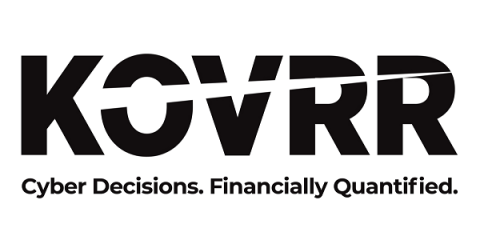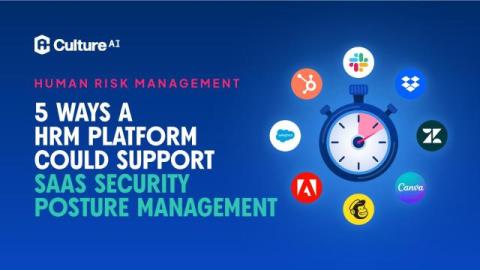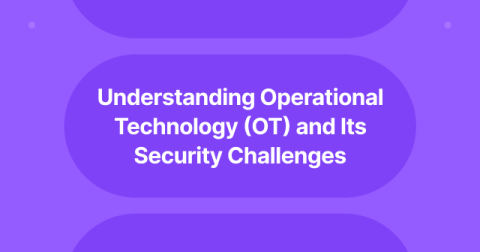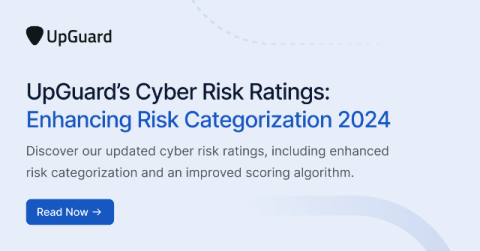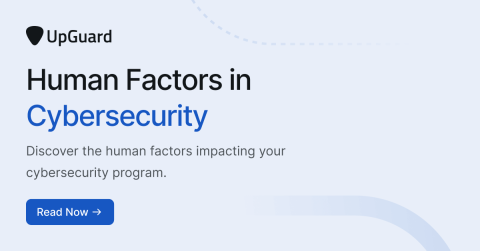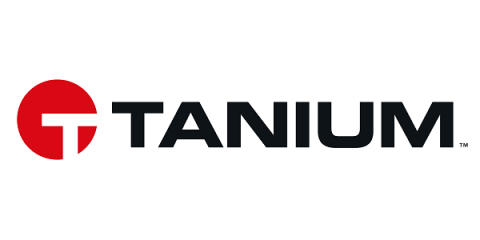Kovrr's Top 9 Cyber Loss Scenarios: A Year In Review
While each organization faces its own unique set of cyber risks that must be carefully assessed and managed in order to reach a state of resilience, certain events are nearly inevitable in today's threat environment, having the potential to create damaging ripple effects across the global market. Early in 2024, Kovrr's cyber risk quantification models identified these potential cyber incidents and loss scenarios most likely to impact organizations worldwide in the upcoming year.


